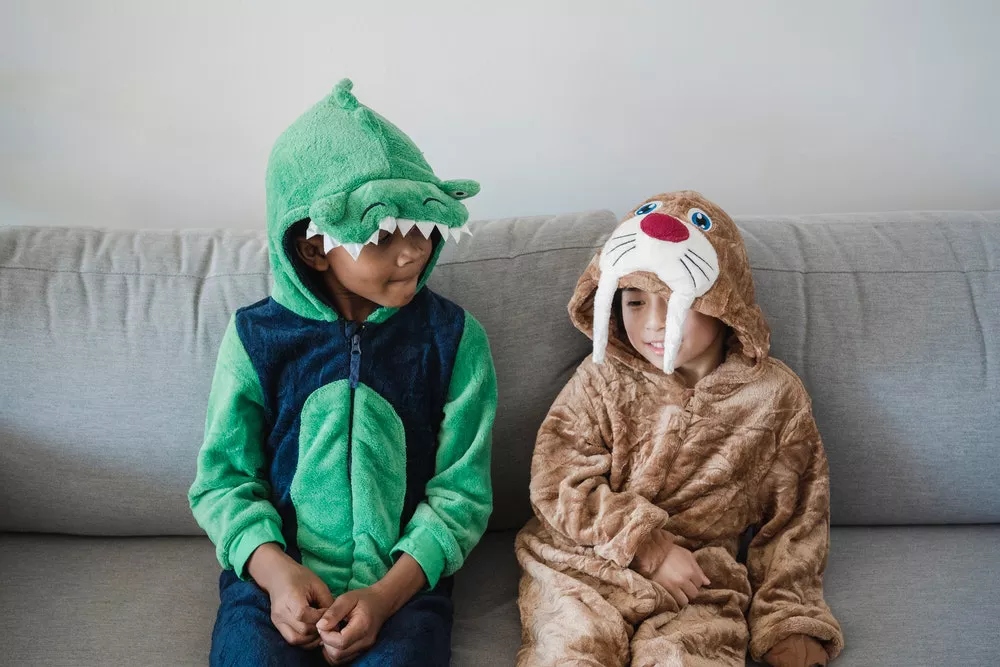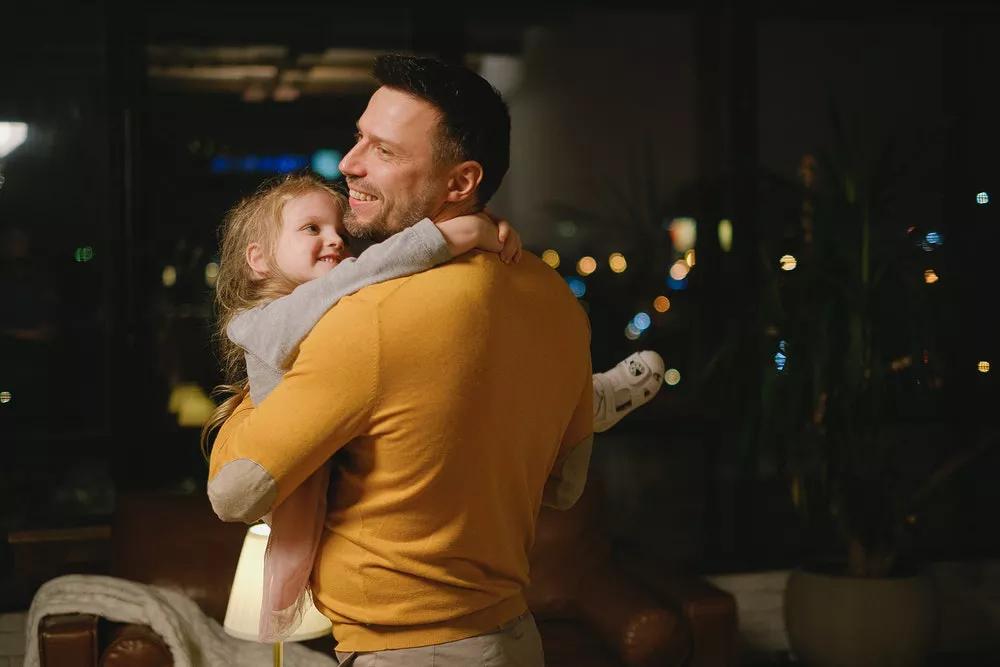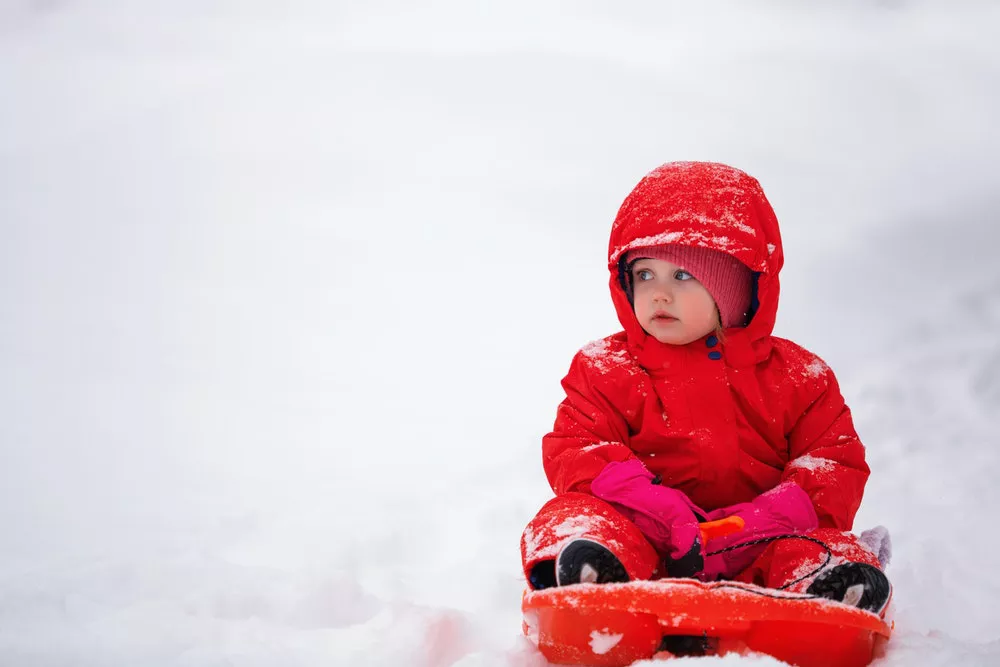Of course.
Cough syrup mainly contains opioids such as dextromethorphan, codeine or opioid powder, which are absorbed into the bloodstream by the gastrointestinal tract and then act on the cough center of the brain through the blood-brain barrier to stop coughing by inhibiting the cough center.
Another ingredient in syrup is sugar, which also has the effect of increasing the cough reflex threshold to suppressing coughing.
Therefore, it is not logical to say that "you should not drink water immediately after drinking cough syrup, otherwise it will destroy the protective film formed on the mucosal surface". Cough syrup be taken with water because it is mainly absorbed by the gastrointestinal tract, not be absorbed in mouth .
What is more important to know is that coughing is a protective reflex. Unless the cough is so severe that it interferes with sleep and life, there is no need to take cough medicine, and there is a risk of severe respiratory depression in young children with these medicine.
Children under 6 years of age should not take cough medicine including cough syrup, while children under 18 years of age should not take cough medicine containing codeine.




